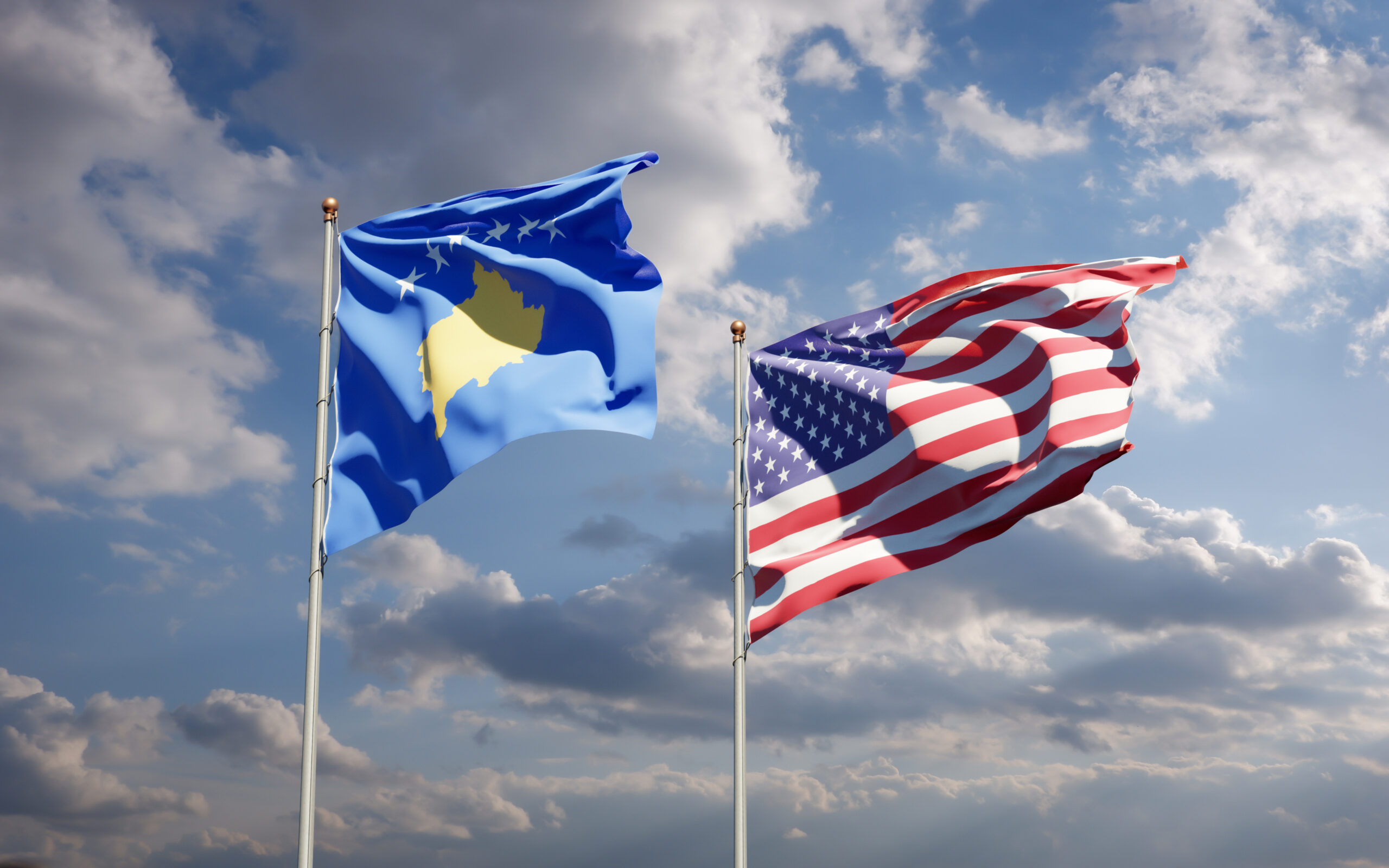Trump’s return to the White House sparks uncertainty for Kosovo

Amid concerns that the incoming U.S. administration might lean toward favoring Serbia’s interests, Trump’s nominations for key positions have generated optimism in Kosovo.
Why is this important: As in other parts of Europe and the world, the anticipation of a second Trump presidency brings a sense of nervousness to Kosovo and Serbia. If past experience is any indicator, Kosovo’s government under Albin Kurti may have more reasons for concern. Yet, recent appointments in Trump’s camp offer a glimmer of hope for Kosovo Albanians. Nonetheless, with Kosovo already experiencing a level of isolation and its relations with both the U.S. and the EU strained over the past four years, the Kurti government is likely to have even less room to maneuver when Trump returns to office. The rest of the Western Balkans are also watching with apprehension, as the region remains vulnerable to Russian influence, especially in leveraging tensions like those between Kosovo and Serbia to stir instability.
Context: Serbia’s President Aleksandar Vučić appears emboldened by Donald Trump’s return to the White House, while Kosovo’s Prime Minister Albin Kurti has maintained a confrontational stance. Kurti signaled skepticism about revisiting the Washington Agreement signed in 2020 under Trump’s auspices. “I can be responsible for agreements I participated in and accepted,” Kurti asserted, “and I expect the same from Belgrade. Let’s start with the last agreement, which is a comprehensive agreement, because it normalizes relations between Kosovo and Serbia through de facto mutual recognition”.
Vučić’s reaction: Belgrade’s belief that Trump will favor Serbia’s interests was bolstered by President Vučić’s announcement that he was among the first ten world leaders to speak with Trump in what he described as an “excellent, warm, and substantive” conversation. Vučić expressed confidence in a “strong partnership between Serbia and the U.S. under Trump,” highlighting that Serbia had been the European country with the strongest support for Trump’s election. According to Vučić, Trump conveyed his gratitude for the overwhelming support from the Serbian people. The Serbian president concluded optimistically, stating, “With the backing of our friends—by which I mean President Trump’s entire team who participated in our discussion—we will contribute to making America great and ensure that Serbia becomes a respectable nation capable of excellent cooperation with the U.S.”
Kosovo keeping its fingers crossed: However, Trump’s nominations for key positions in his new administration have generated cautious optimism in Kosovo. Marco Rubio, the designated Secretary of State, has highlighted in a 2011 speech on America’s global influence, the role of the US in stopping ‘evils such as Serbian ethnic cleansing.”
In 2022, he joined a group of senators who sent a letter to U.S. President Joe Biden to encourage him ‘to maintain focus on the Balkans, where Russia has long played a destabilizing role to deter NATO aspirant countries from joining the alliance. The Balkans is a vulnerable area of Europe, and although Ukraine must occupy our immediate attention, we cannot lose sight of this region where NATO has long played a critical role in maintaining peace’, the letter read.
Marco Rubio was among the American senators and congressmen that Kosovo’s President Vjosa Osmani met during a visit to Washington last year.
Serbian media on John Ratcliffe: Moreover, Serbian media have reacted negatively to Trump’s nomination of John Ratcliffe as CIA Director. Ratcliffe has strong ties with the Albanian community in the US. In 2016, he spoke as a special guest at the Economic Forum of the Albanian Diaspora in the US, held in New York and organized by the American Albanian Network.
Background history: Since Kosovo declared independence in 2008, the U.S. has been one of its most important international backers. However, the Trump administration’s more unpredictable and less ideologically driven approach to foreign policy could create uncertainty for Kosovo. President Trump’s first term in the White House was characterized by tense relations with Prime Minister Albin Kurti’s first government.
The White House secured an agreement on normalization of economic relations between Kosovo and Serbia that was signed in September 2020 in the presence of President Donald Trump. This agreement, which also included Kosovo’s recognition of independence by Israel, has not been fully implemented.
Old grievances: The agreement was signed months after the collapse of the first government of Prime Minister Kurti, who failed to meet U.S. demands to lift the 100 percent tariffs on Serbian goods that were imposed in November 2018 in response to Serbia’s approach to Kosovo’s statehood. This led to the collapse of Kurti’s government, followed by a new government that signed the agreement in Washington.
Prime Minister Albin Kurti at the time accused U.S. envoy Richard Grenell of ‘pushing for the vote that brought down his government.’
Territorial exchange proposal: One issue that garnered great attention during President Trump’s first term was the proposal for territorial exchanges between Kosovo and Serbia. Trump’s national security adviser, John Bolton, who left office in 2018, stated that while the United States would not involve itself in a territorial swap between the two countries, it would not obstruct the parties if they chose to pursue it.
In 2018, Kosovo President Hashim Thaçi and Serbian President Aleksandar Vučić, during a debate at the Alpbach Forum in Austria, called for international backing for any agreement reached through EU-mediated talks, even if it involved border changes.
This idea was rejected by several European Union countries, with Germany being the most vocal in its opposition.
Richard Grenell, the White House envoy for the Kosovo-Serbia dialogue, repeatedly denied that the United States was involved in discussions regarding a territorial swap.
Implications for Kosovo: As a matter of fact, Trump’s first administration emphasized economic normalization over a political solution and advocacy for Kosovo’s independence. A return to this approach could shift international pressure away from a comprehensive resolution, leaving Kosovo in a state of limbo, and emboldening Serbia in its opposition to Kosovo’s statehood.


